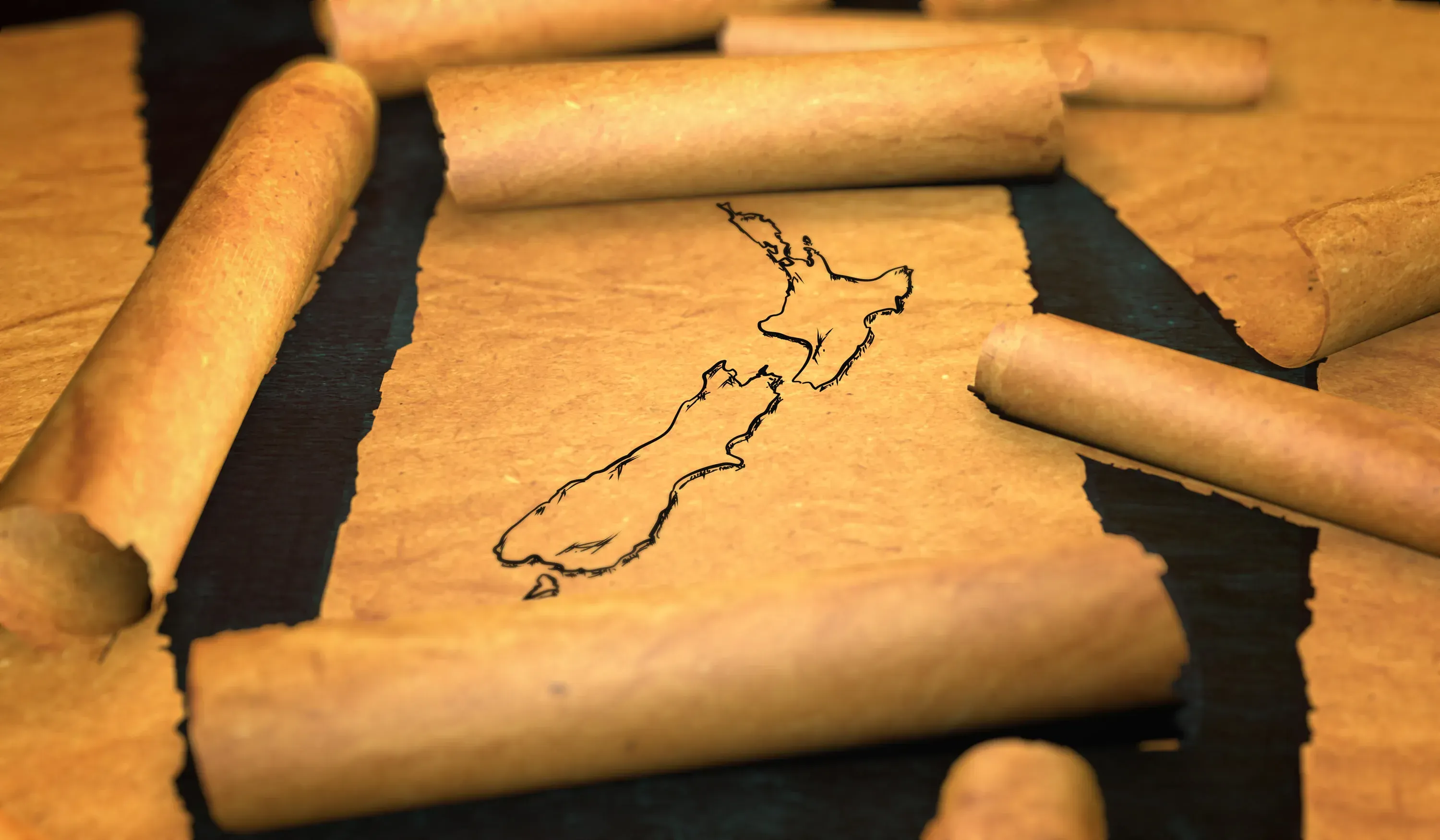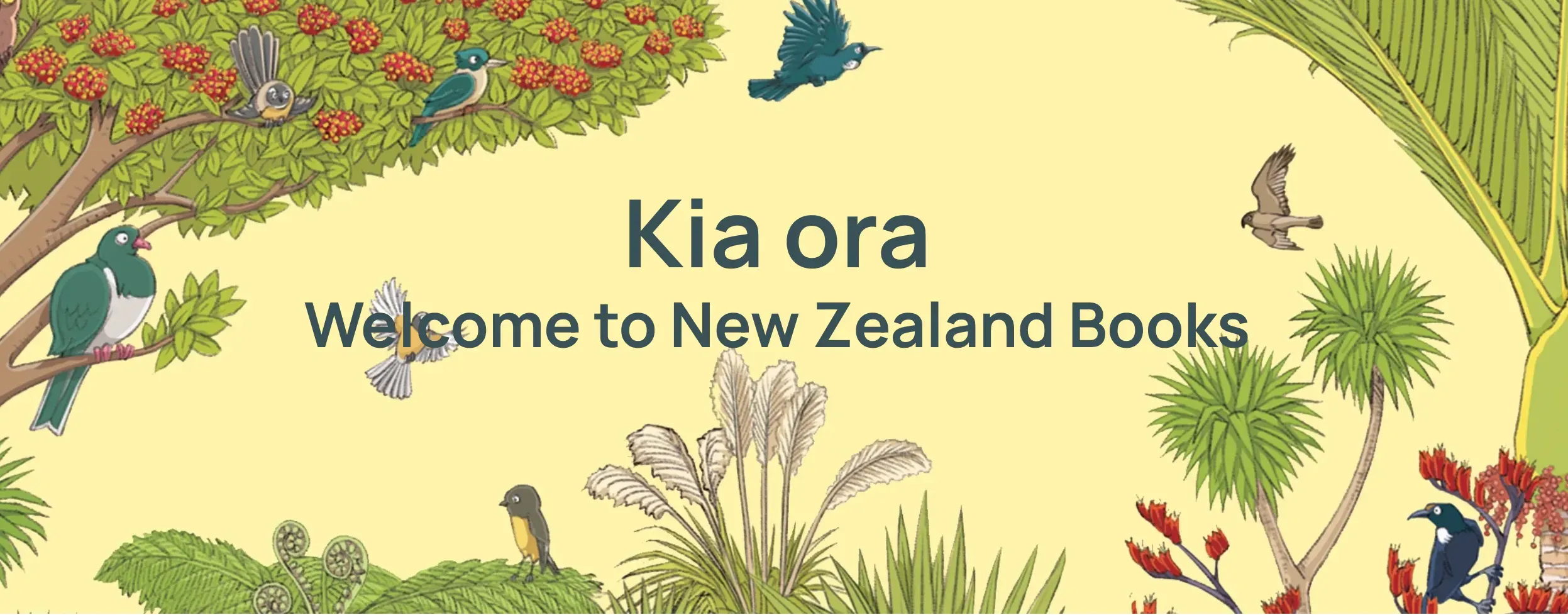Backing "Our Stories" Important - But Not Simple

“Distance,” as Charles Brasch once famously wrote, “looks our way”.
On some levels that hasn’t changed. The flow of cultural influence still tends to be one way, north to south. The internet has been the big circuit breaker making the world smaller and an important bulwark against disruption of COVID as it runs through the entire Greek alphabet.
It hasn’t been good for publishing in Aotearoa, and in response the Publishers Association of New Zealand Te Rau o Tākupu (PANZ) has launched NewZealandBooks.com, a new digital rights portal which will be “a focal point for the very best of publishing in Aotearoa. It lists fiction, non-fiction and children’s titles, promotes award-winning books and celebrates the quality and range of our local writing talent.”
The site launched alongside New Zealand’s stand at the Bologna Children’s Book Fair in March this year, where Beatnik Publishing was awarded the Bologna Prize for the Best Children’s Publisher of the Year (Oceania category).
The site is described as a “hybrid approach” to international book fairs, enabling “publishers to experience the buzz of an international book fair from the comfort of their own offices,” according to the press release. Arguably that’s the only experience the majority New Zealand authors get of the buzz at international book fairs, but let’s press on.
“The travel restrictions brought by COVID have unsurprisingly hindered our traditional routes to make international connections and do business,” says Julia Marshall, PANZ Immediate Past President and Gecko Press Publisher.
“However, it has also forced us all to think creatively and critically about how we could do things differently. While nothing beats meeting in person, this site will open more doors and help grow the presence of literature from New Zealand storytellers in more international markets.”
There are currently eighteen publishers on the site and seven of these were highlighted for the Bologna Children’s Book Fair via a virtual stand on the portal.
It’s not entirely clear what the criteria for publisher selection is, however. Why, for example, is Te Herenga Waka University Press (Victoria University Press to the rest of us) represented and not Auckland or Massey University Presses?
A new arrow in the quiver of promoting New Zealand books is great - I applaud it - but it does raise the question of whether that’s really tackling the core problems afflicting publishing in Aotearoa since the introduction of parallel importing in 1998.
There are very good reasons why Australian publishers were vocally against similar legislative changes there, based almost entirely on what happened here.
The ever-increasing growth of eBooks also has a significant impact on the industries associated with the physical production of books.

The new NewZealandBooks.com website.
Printing here is prohibitively expensive, the audience is small, and sometimes the organisations representing the industry - despite the best of intentions - really don’t seem to understand the product they’re supposed to be representing. When New Zealand was the guest nation at the Frankfurt Book Fair in 2011, more than one author was allegedly heard to complain that they felt they were insufficiently supported and wondering why there were so many minor bureaucrats on junkets.
There are fewer and fewer venues for book reviews in print or broadcast in Aotearoa. This has a delaying effect on the maturation of the discourse and culture of writing and publishing in New Zealand. It also effectively reduces available venues to promote New Zealand books – or at least give New Zealand readers a fair assessment so that they can make up their own minds.
Arguably the biggest issue facing publishing is not overseas marketing, which does sweet F-A for small publishers specialising in highly localised topics, but that New Zealand books about New Zealand stories and subjects are bloody expensive to produce.
Of what money there is, not much of it goes to the authors. Publishers are primarily interested in books that will sell, which doesn’t necessarily equate to representation or taking a punt on untested new writers.
2013 was a particularly bad year for New Zealand publishers, leading the Dominion Post to ask, “Is this the end of New Zealand publishing?” Pearson Education and Hachette pulled out of Aotearoa, and HarperCollins moved distribution and some editorial back to Australia. Somehow, New Zealand publishing managed not to shuffle off the mortal coil, but only just.
By contrast, 2015 was a good year for New Zealand publishing, with sales through bricks and mortar bookshops being at their highest level in the previous four years, growing by nearly a quarter. Book publishing directly contributed $167m to the country but with nearly half the industry jobs there were in 2012. Again, that doesn’t necessarily translate to good news for the people who write the books.
A Horizon research paper published in 2018 highlighted the main issues facing authors in Aotearoa.
The biggest of these challenges were the financial difficulties associated with being a writer. Most authors couldn’t earn a living from writing alone:
“Marketing challenges rose in relative importance, including the necessity for author involvement in marketing and finding an audience for their work. Writers also commented … that there were fewer publishers available, or that publishers were inaccessible – just getting published appears to be more difficult, and this may be allied to perceived changes to the industry and the platforms available.
“When asked what they needed in the future to help them succeed as an author, the most commonly mentioned factor was money/income – the same finding as in 2016. Double the level of writers than in 2016 talked about grants or funding but this tended to be in the context of funding being available across a wider selection of genre. Having more time to write, and support from publishers (and, in particular, New Zealand publishers) were also key issues raised.”
Publishing a book is a huge investment, not just for the publisher, but also for the author, both in terms of time and finances.
So, while the new portal is a wonderful development, it is still more about the cart than the horse, a sop to the slightly more glamorous end of the industry.
This is a conversation the entire dog-eared industry desperately needs to have and soon. We should have had it back in 2013 - or even 1998 - but at the end of the day, it’s the authors who need incentivising most of all.
